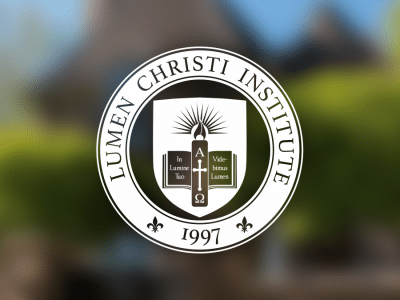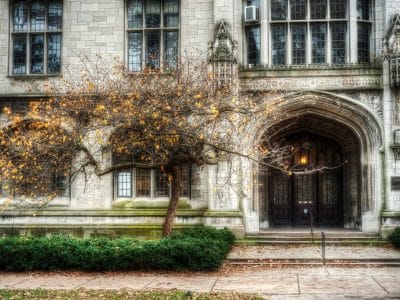News & Media
From 2012 to 2020, Fr. Paul Mankowski, SJ delivered hundreds of lectures and master classes at the Lumen Christi Institute. Seeking to share the depth of his scholarship, this podcast offers many of his lectures (edited for coherence and quality) to the public in digital format for the first time. The first season will feature a course that Fr. Mankowski gave on Joseph Ratzinger’s Jesus of Nazareth and dozens of lectures centered around the books of the Bible (including Genesis, many of the prophets, the Gospel of Matthew, and St. Paul’s Letter to the Romans). Episodes will be released on Mondays, Wednesdays, and Fridays from September through December. To conclude the season, we’ll offer one or two interviews with people who knew Fr. Mankowski well and can offer an entry point to his person and scholarship.
LCI Travel Scholarships Available for University of Chicago Divinity School Conference on "Political Theology: Promise and Prospects"
Fr. Robert Barron discusses how to put faith into action in today’s increasingly secular world. With Pope Francis as a model of how to present “the joy of the Gospel,” Barron argued that Catholics have a duty to awaken the
Dana Gioia, an award-winning poet and former chair of the National Endowment of the Arts, argues “Why Beauty Matters,” and stresses the need to recover an appreciation of beauty in a culture that has lost sight of its meaning and
Monsignor Michael Heintz outlines the particular character of patristic theology and spirituality, illucidating the early Christian father’s relevance for the Catholic faith today.

